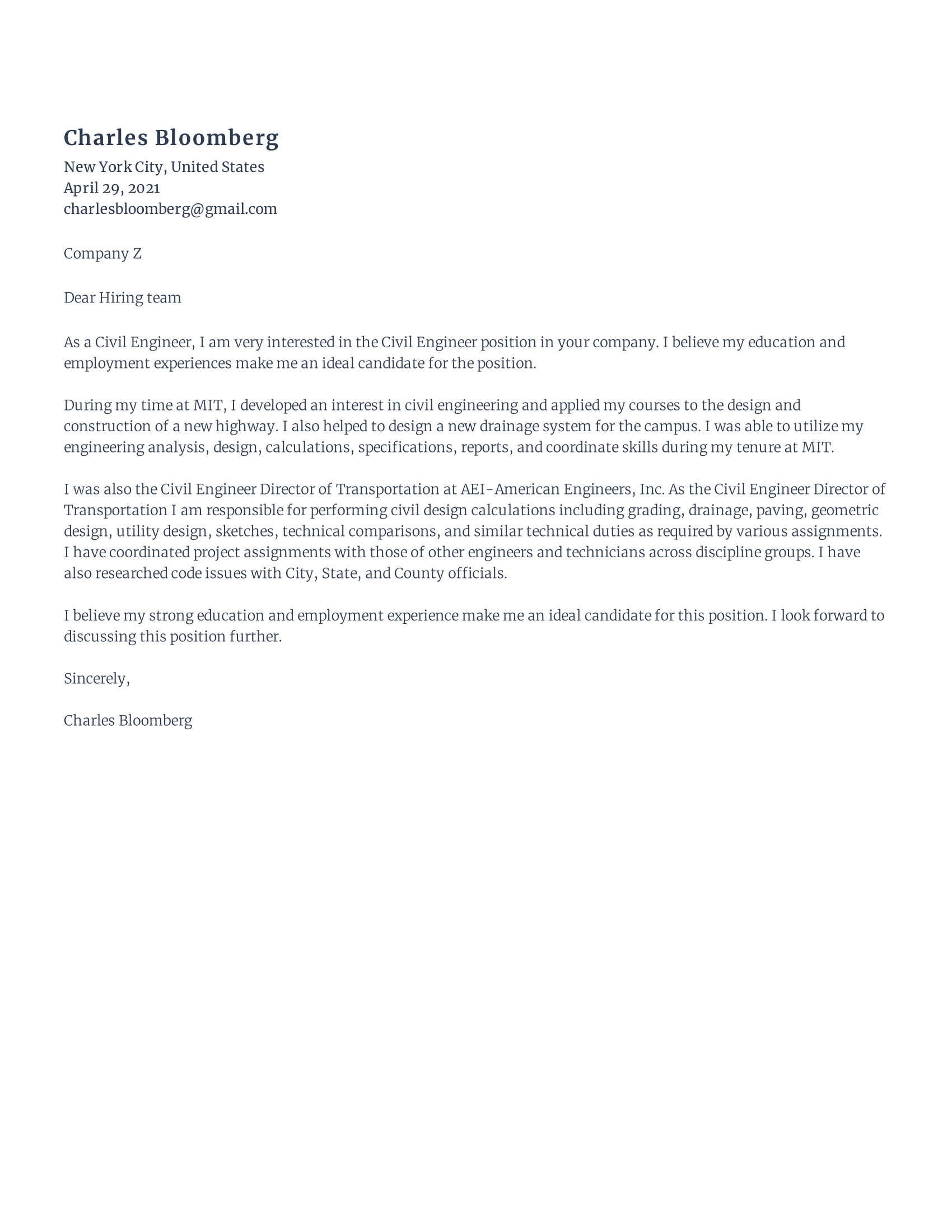
There are several steps that you should take if your career is changing. Stage one is a gut check. Stage two is about a career experiment. Stage three involves applying to a new job, and adapting to your new life. To ensure a smooth transition, it is a good idea to consult your partner if you are thinking about a career change.
Stage one is a gut check
Gut instincts are helpful when making a career decision, especially if you don't have much time. It is impossible to spend too much time considering your options. It's important to do so before making a major decision. Even if your gut feeling is certain, it is worth double-checking with additional evidence.

Stage 2 is a career experiment
Career exploration is an important part of career development. It is the first step toward building a professional network and gaining knowledge about a particular career field. It is a chance to meet people from various industries and ask them questions regarding their work. For this research, the Career Center can give you packets.
Career experimentation can help you improve your skills and establish a personal brand. It can give you insights into your target role and the steps to get there. The career experiment by itself is not a panacea for finding a new job. However, smart experiments can boost your job search and improve your chances of success.
Stage three is the application for a new job
This stage is all about taking action. You must prepare to learn new skills and retrain for your new career, as well as consider balancing your personal and professional life. This may involve changing your morning routine, enrolling in new courses, or joining an organization. You may feel hope and excitement during this stage. However, you must keep in mind that this transition can be challenging and may cause you to become more reflective and strategic.
Fourth stage: Adapting to your new lifestyle
As you move from Stage One to Stage Four of the process of changing career, you will need to learn to balance your priorities in a new life and new career. You have to let go friends and relationships that cause you pain. Accept that not everyone will have the same effect on you. Accept that you are not the only one making decisions.

This stage is where you need to learn new skills, retrain and update your existing job. It is important to learn how you can balance your new job and your personal life. Some adjustments may be required, including a change in your morning routine, joining clubs, taking courses or making new plans. This can lead to mixed emotions. You might feel excited about starting a new career, but you could also feel overwhelmed by the change.